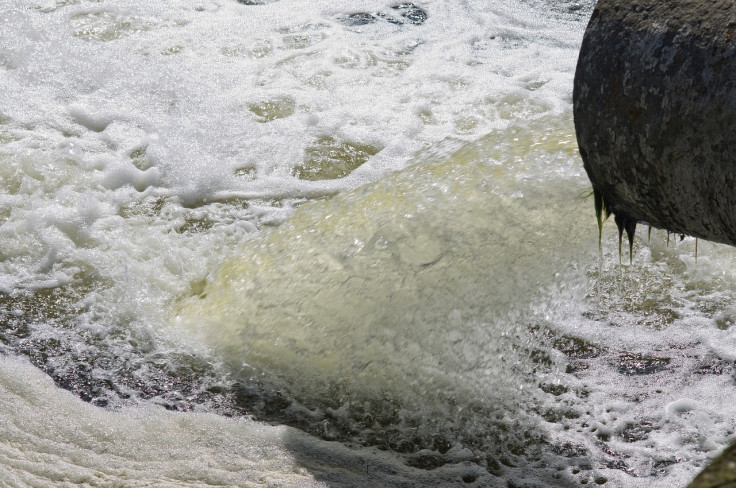
Workers in the Tijuana River Valley are refraining from working in the area due to the persistent stench and pollution that has been flowing from across the border.
Concretely, the owner of a business in the area told Border Report that he has seen others leave as a result and now some of his employees are showing similar concerns. He added that many are afraid to come in especially after recent reports where researchers claimed that the levels of hydrogen cyanide in the area have reached dangerous levels, leading them to stop their own work.
The researchers from San Diego State University and UC-San Diego stopped their work this week as Dr. Kim Prather, director of the Center for Aerosol Impacts on Chemistry of the Environment at UC San Diego, said she could not continue putting them "at this level of risk."
San Diego authorities are disputing the claims, saying residents have no need to be fearful. "I want to reassure everyone that this is not an imminent threat," said San Diego County Chairwoman Nora Vargas.
"Our county experts are actively gathering public health data and conducting research to provide the most accurate information. It's unacceptable that South County residents have to worry about whether it's safe to go outside. I'm fighting every day to address the root of this issue, but for now, you can trust the data," she added.
However, the business owner interviewed, called Mattia, said neither he nor his employees trust them enough to go to work regardless. He believes the current situation will lead more people to leave the area.
Schools located near the Tijuana River Valley suspended outdoor activities in the area this week as a result of hydrogen sulfide levels.
Local authorities reiterated calls for a federal state of emergency declaration, as it would release funding and offer immediate help to alleviate the situation.
Last week, a group of California lawmakers introduced legislation aimed at tackling the issue. The Border Water Quality Restoration and Protection Act is similar to other bills that sought to restore bodies of water like Chesapeake Bay and the Great Lakes, according to Border Report.
The bill comes weeks after Democratic U.S. Rep. Juan Vargas announced a $400 million contract was awarded to refurbish a plant dedicated to treating wastewater in the area. According to the International Boundary and Water Commission, between 40 and 50 million gallons of untreated water have been flowing daily into the Valley from the Tijuana side of the border.
© 2025 Latin Times. All rights reserved. Do not reproduce without permission.




